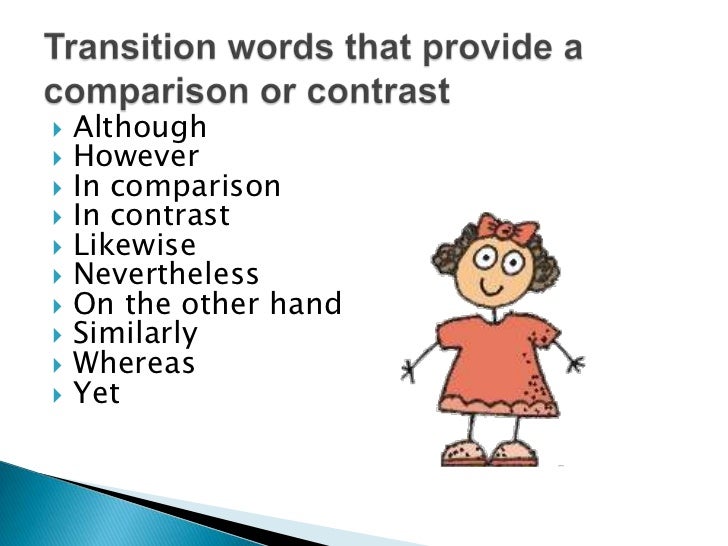
“Tom enjoys desserts such as brownies, cheesecake, and macaroons”
or
“Tom enjoys desserts like brownies, cheesecake, and macaroons”?
Both are acceptable for many grammarians. But, what do people usually do?
Characters like Cinderella, Dracula, and Frankenstein continue to appear in movies and novels. (The “like” tells us characters that are comparable to Cinderella, Dracula, and Frankenstein continue to appear in movies and novels.)
Jim would love to travel to several European cities such as London, Florence, and Athens. (The “such as” tells us these are specific cities Jill wants to see. They are examples of cities he wants to see.)
| Like says that what follows is intended as a reference to indicate the group of things you’re talking about but is itself not included in the group. |
|
| Such as means that what follows are examples of the things that are part of the group you’re talking about. |
|

 FIVE GAMES TO ENJOY LEARNING THE RELATIVE PRONOUNS
FIVE GAMES TO ENJOY LEARNING THE RELATIVE PRONOUNS











